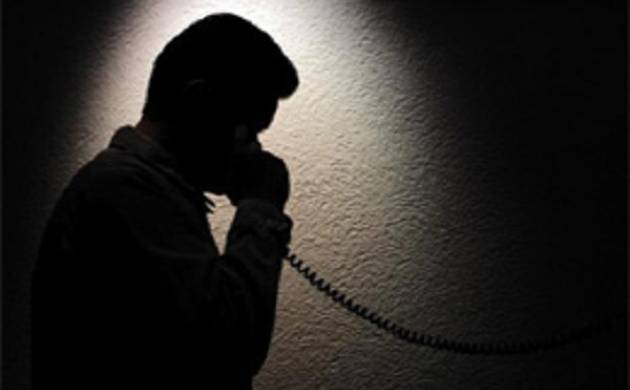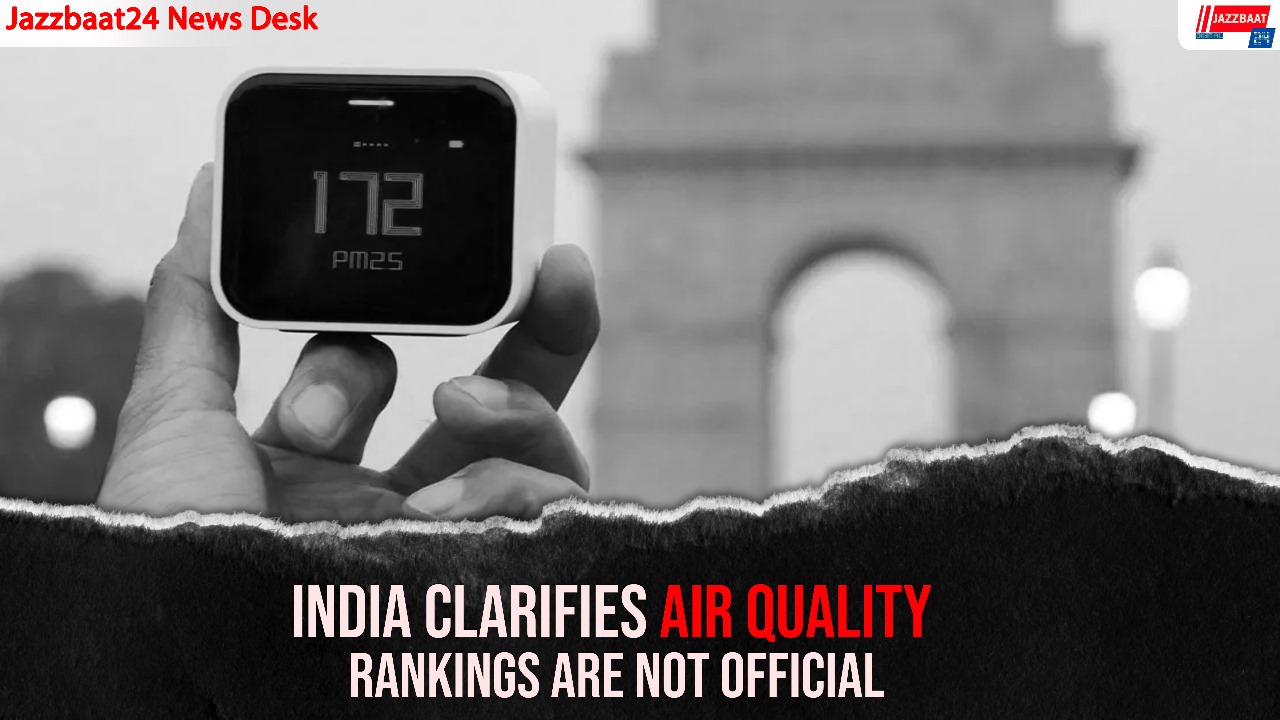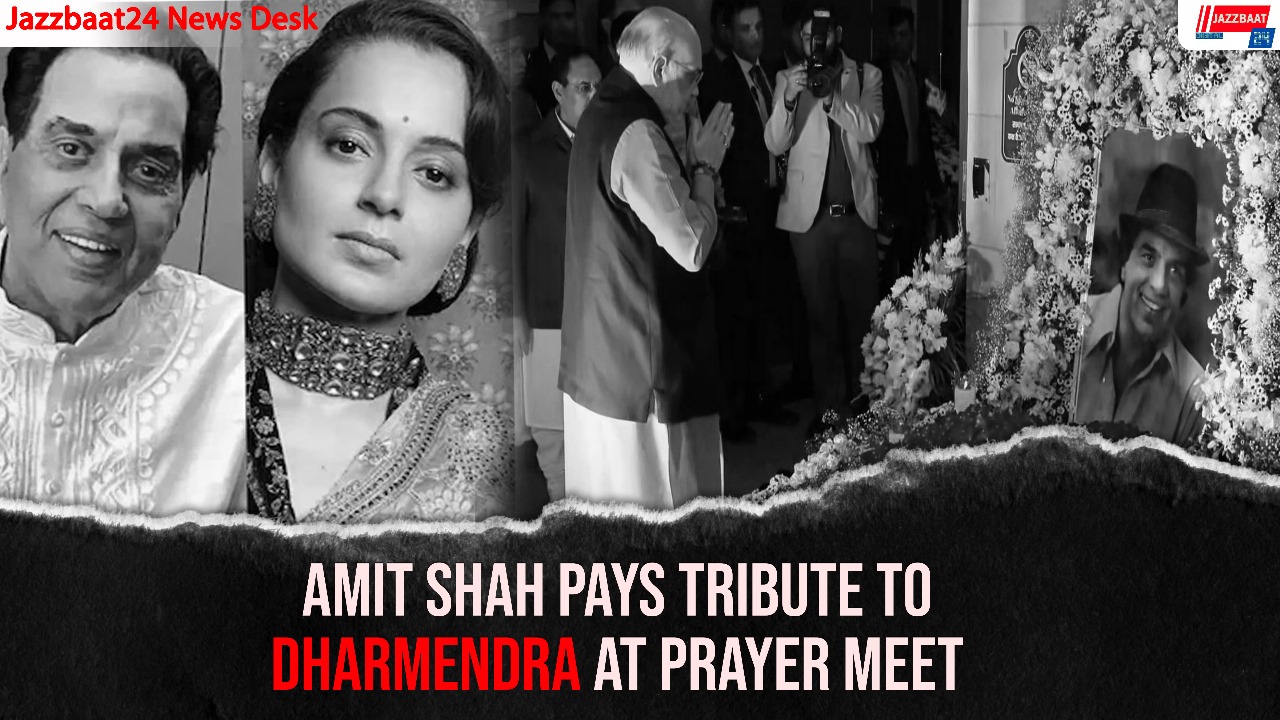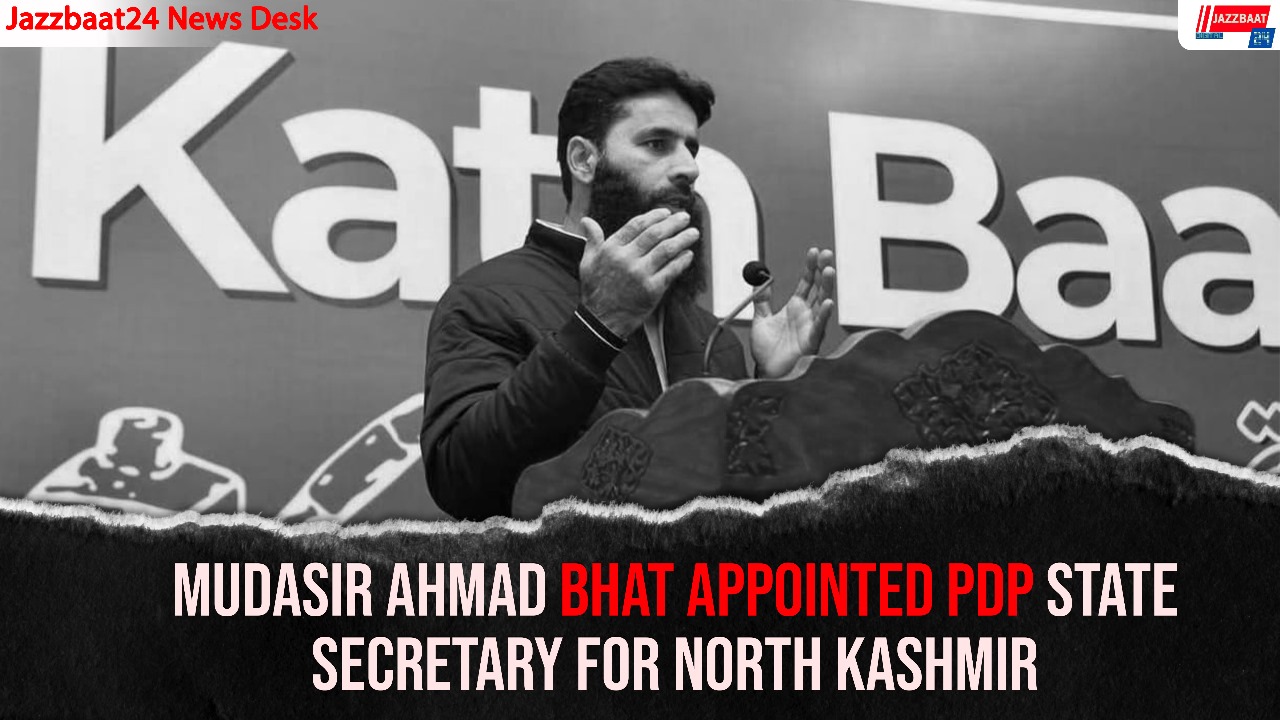Terror Threat to RBI Helpline
In a shocking incident, the Reserve Bank of India’s helpline received a bomb threat from a caller who introduced himself as the "CEO of Lashkar-e-Taiba." The unidentified individual allegedly warned of an imminent attack, sending security agencies into overdrive. The incident has reignited concerns about the efficiency of India’s counter-terror mechanisms.
While authorities are treating the threat with utmost seriousness, initial investigations hint at the possibility of a hoax call aimed at spreading panic. However, experts argue that even prank calls expose vulnerabilities in India's critical communication infrastructure.
The call has led to heightened security measures across major financial institutions. Officials have assured the public that all necessary precautions are being taken. Nevertheless, this episode underscores the growing challenges posed by anonymous threats in the digital age.
Critics have questioned whether India's security systems are adequately equipped to detect and neutralize such threats before they escalate. “Even if it’s a hoax, this reflects poorly on our preparedness,” commented a former intelligence officer.
The RBI has refrained from issuing a statement, citing ongoing investigations. Meanwhile, the Intelligence Bureau and other agencies are tracing the origin of the call, using advanced digital forensics.
This incident highlights a pressing need for tighter security protocols and an urgent review of existing threat-handling mechanisms. India cannot afford to let such threats—real or fake—go unanswered in an era of rising global terrorism.





